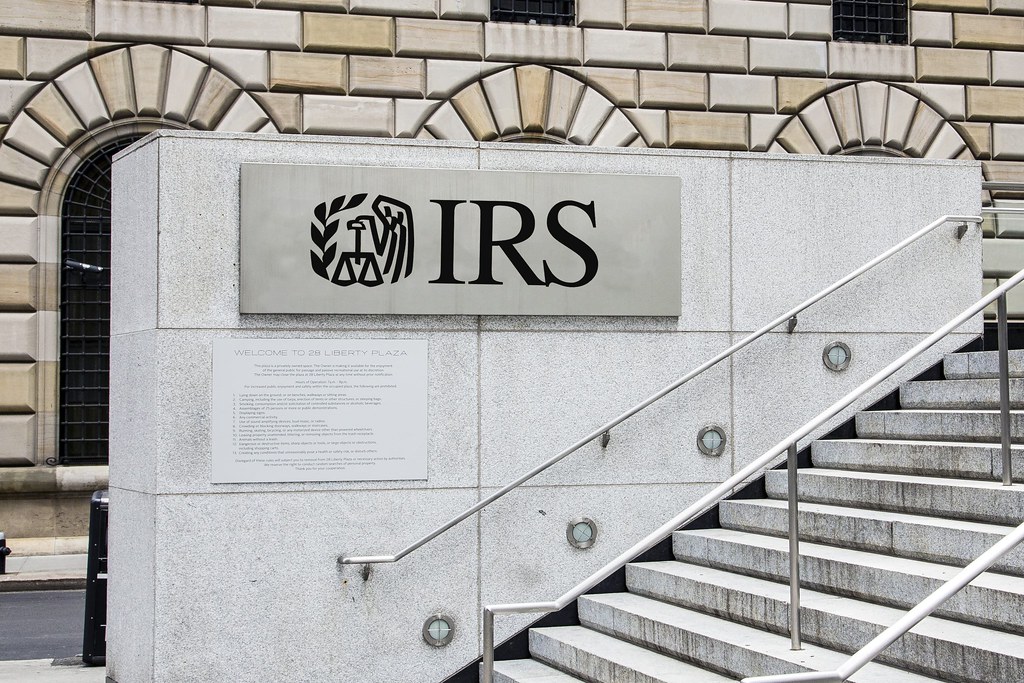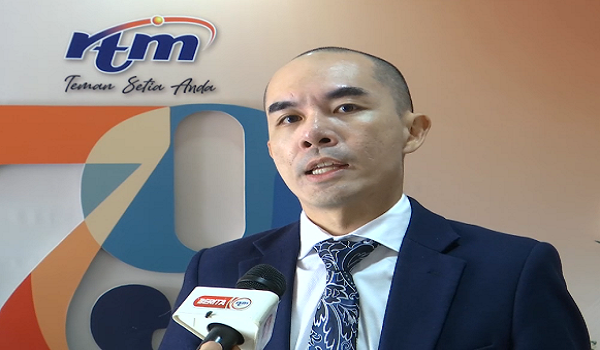The United States Internal Revenue Service (IRS) has recently affirmed its stance on the taxation of cryptocurrency staking rewards, viewing them as taxable income upon receipt rather than upon sale or exchange. This position comes in response to a legal challenge that could have significant implications for the taxation of digital assets.
IRS Position on Staking Rewards
According to a report from Bloomberg on December 23, the IRS opposed arguments presented in a lawsuit by Joshua Jarrett and his wife, Jessica Jarrett, maintaining that staking rewards are taxable upon receipt. The agency’s official response, outlined in Revenue Ruling 2023-14, stipulates that taxpayers must report these rewards as income, valued at their fair market value at the time they gain the ability to sell, exchange, or otherwise dispose of them.
Staking involves committing one’s cryptocurrency holdings in a smart contract to support the operation and security of a blockchain network. This process helps verify transactions and maintain the network’s integrity, rewarding participants with additional cryptocurrency tokens. These rewards are considered a form of passive income derived from digital assets.
The Jarretts’ Legal Challenges
The legal battle initiated by the Jarretts began in 2021 when they filed a lawsuit against the IRS after receiving 8,876 Tezos (XTZ) tokens as staking rewards in 2019. They argued that these tokens should be treated as property—similar to crops grown by a farmer or a manuscript written by an author—and should only be taxed when sold. Initially, the IRS offered a $4,000 tax refund, which the Jarretts refused in pursuit of establishing a broader legal precedent. However, the court dismissed the case as moot due to the refund.
In October 2024, the Jarretts launched a second lawsuit, seeking recognition of their staking rewards as property, taxable only upon sale. They requested a refund of $12,179 for taxes paid on 13,000 XTZ tokens earned in the 2020 tax year and a permanent injunction against the IRS’s current tax treatment of their tokens.
The ongoing legal dispute highlights a critical issue in the intersection of cryptocurrency and tax law. The Jarretts’ case presents a significant challenge to the IRS’s approach, arguing that newly created property from staking should not constitute taxable income until it is sold, contrasting sharply with the IRS’s current policy.
The outcome of the Jarretts’ legal battle has the potential to set a crucial precedent for the taxation of staking rewards and possibly other forms of newly created digital assets in the United States. The case underscores the evolving nature of tax regulations in the digital age, highlighting the need for clearer guidelines that keep pace with technological advancements in cryptocurrency.
Author’s Opinion
The IRS’s stance on the immediate taxation of staking rewards reflects a traditional approach to income that may not fully align with the nuances of digital currency transactions. As the cryptocurrency market continues to grow and evolve, it becomes increasingly important for tax regulations to adapt in a way that recognizes the unique aspects of digital asset creation and transfers. Clear, updated guidelines are essential not only for ensuring fair tax treatment but also for providing certainty to investors and fostering the sustainable growth of the cryptocurrency sector.














